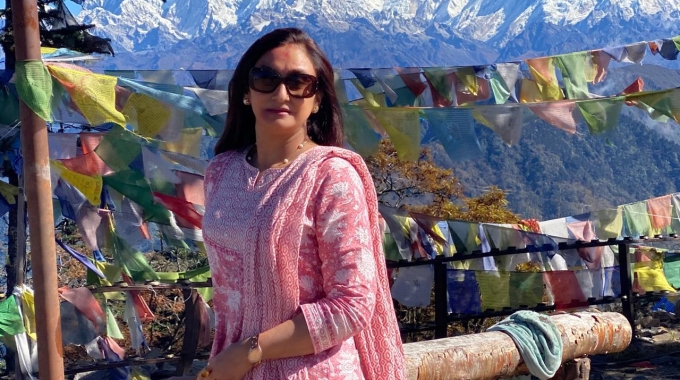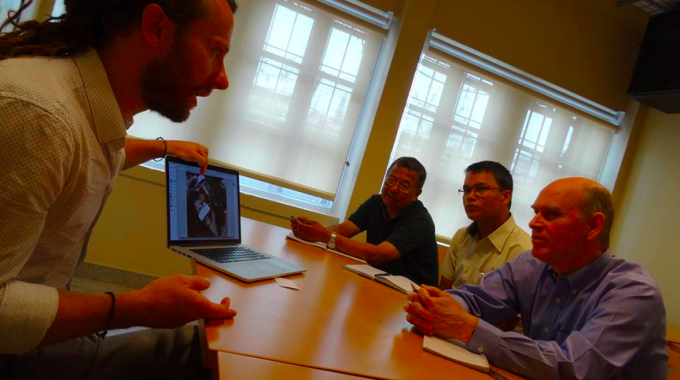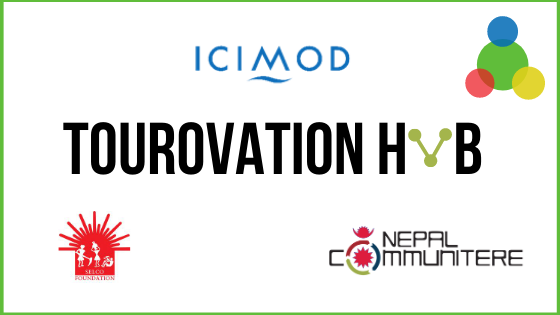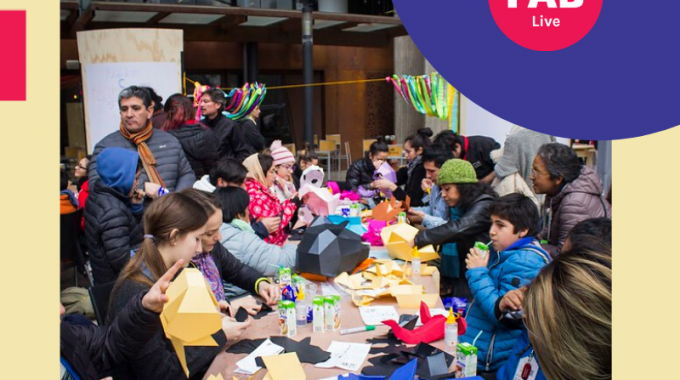
Connecting to the Global FAB Community- The FABxLive Conference
This last week of July, I had a golden opportunity to participate in the Grand FABxLive conference organized by the Fab Foundation, a not for profit organization that supports the growth of the international FabLab network. The organization held a week-long FABxLive conference from 27th to 31st July 2020 bringing more than 7000 participant viewers, makers, innovators, design enthusiasts, health specialists, economists and change makers from around the world to discuss, share and disseminate ideas on global response to COVID-19. The virtual conference allowed makers to have meaningful dialogue, magnify impact and connect with a global network of innovators to share ideas, strategies and solutions. This year’s conference specifically focused on i) Global response to COVID-19, ii) Community Action, Rebooting Economies, Emergent Future, highlighting current activities around different global FabLabs.
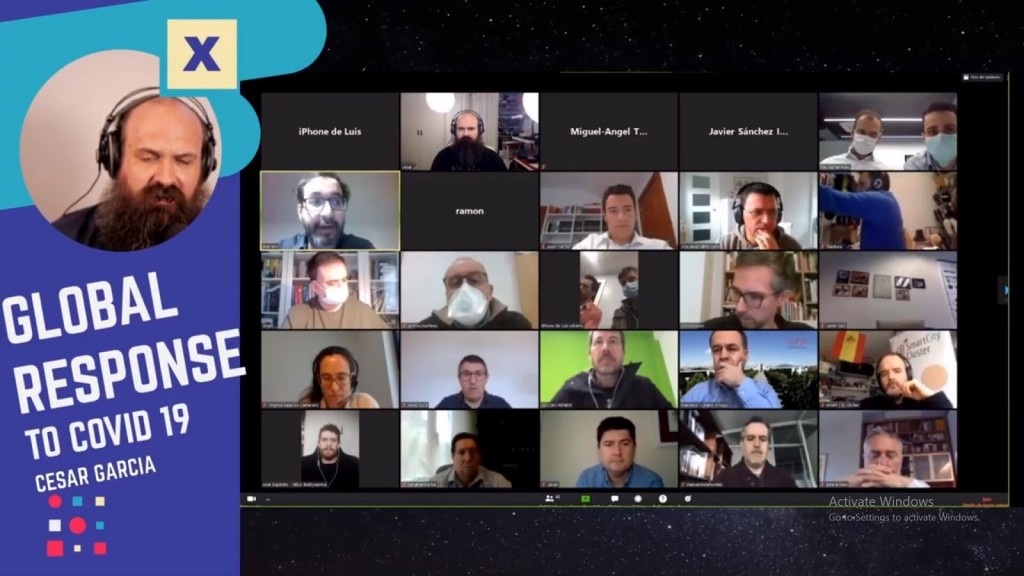
The conference kicked off with a discussion on the global response to the COVID-19 pandemic where makers showcased cool innovations such as: simulation of air flow around face shields, molecular level prototyping for interception and degradation of SARS-CoV-2, collaboration approaches with hospitals, analyzing COVID regulations and challenges faced, supply chain management, low cost design for local production and much more. Professor Neil Gershenfeld known as the godfather of FabLab, highlighted the role of the Fab community and makers in the context of the current pandemic. “Fab communities are not discretionary but necessary and have a range of interesting implications. The impact and work done by the community has led to unexpected collaborations which can be a base to build and expand. There is a notion of build back better that is more inclusive, more responsive and more sustainable”. Here is a link to the Fab Symposium – check it out
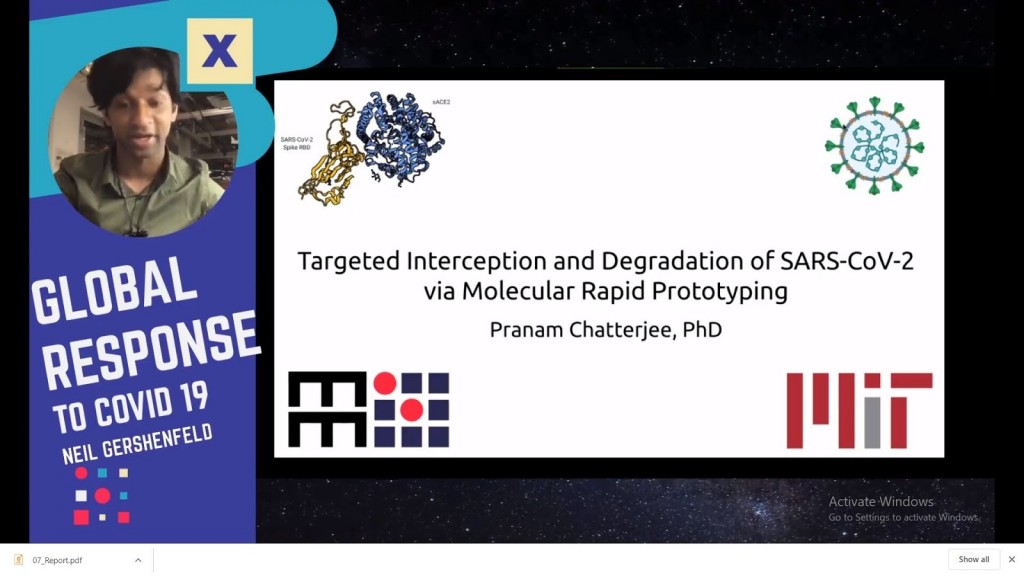
The second day of the conference highlighted Community Action which gives makers an opportunity to rethink, revise and reimagine our work to make it more productive, efficient, sustainable and avoid reinventing the wheel. FabLabs and maker spaces in Africa have enabled youth to learn not just about technology but to actively participate in the community and make a difference by taking leadership in technological innovation. This is so relevant for us here in Nepal as we look at how we can enable our youth to be more skilled tech makers. Once we launch the first Nepal FabLab in early 2021, we’ll be able to unlock this potential. In addition, we learnt the challenges local FabLabs across the world have been facing in regards to their financial sustainability. Couple of presentations shared interesting interventions such as partnerships with other countries for getting supplies, or India’s Maker Asylum that organized a large scale maker community of about 43 labs across India to make a million face shields in 49 days! This was possible because of FabLabs wide open source network focused on data and resource sharing for building sustainability through collaboration rather than competition – WOW super inspiring!
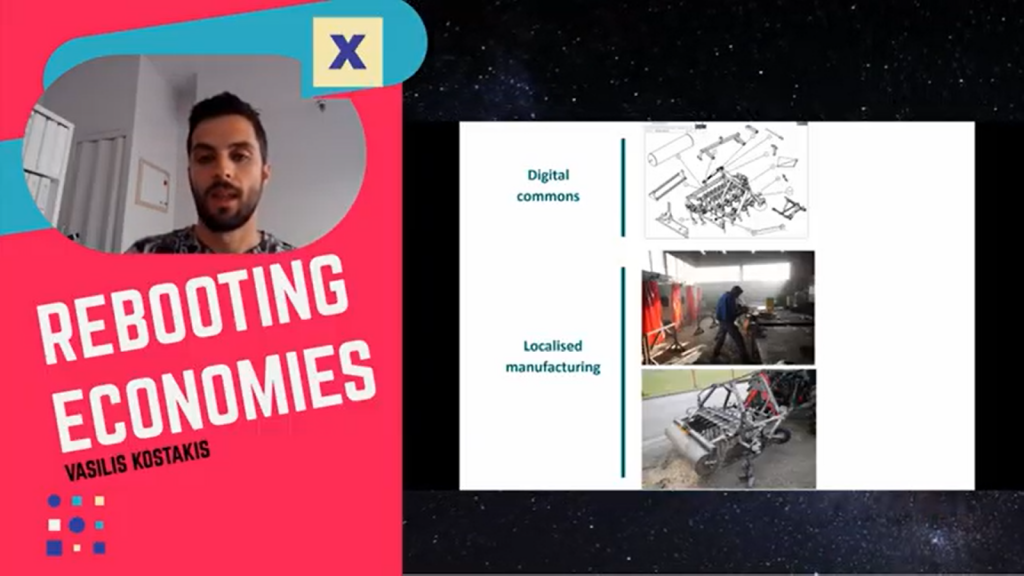
Rebooting Economies was another powerful session that focused on the need to reduce inequity and increase access to opportunities for more people to participate in transforming their communities. What’s the role of FabLab in this process? We can offer a platform and resources to balance between low-tech, mid-tech and high tech, aligning with local needs to leverage grassroots approaches for local solutions.
Another interesting perspective focused on how to integrate culture in design and innovation. Use of technology can be a double-edge sword. On one hand it can kill diversity and creativity when everything is reduced or generalized as one technical solution, but on the other hand it can also transmit culture and diversity using new means of expression. Panelists from Indonesia shared how communities had to respond to the COVID crisis by adopting the lessons learnt from the west and localizing it with their languages and expressions that people could use. Hearing this I felt ‘Think Global, Act Local’ will definitely apply as we launch the Nepal FabLab.
My Experience Throughout
It was really amazing to participate in a fully virtual conference running live across the globe in multiple time zones! The platform provided tips and tricks about open source platforms and many design tools that are so helpful for makers. The conference connected us with a community of FabLabs and makers across the globe and innovators and designers who openly discussed ways to solve problems, share current happenings and ideas. Since I am leading the Nepal FabLab project at Nepal Communitere in partnership with Field Ready, it was important for me and our team to join and meet FabLab tribes around the world. Organizations like Solidworks, Prusa, Formlabs, hospitals, clinicians and economists also participated to share their views creating a diverse network for us to tap into. It was great to learn about self sustainable makerspaces like Maker Asylum Ouagalab which we can learn and build a similar model for Nepal FabLab. An amazing week and now I’m super excited to apply all the learnings about how other global FabLabs are bringing in diverse communities and operating sustainably.
Want to attend events still happening as follow up to FABxLive? Here’s the link: https://fabxmembers.fabevent.org/events
The next FabX Conference in 2021 will be held in Canada, and in 2022 it will be in neighboring Bhutan where we definitely will be sharing our Nepal FabLab journey!

